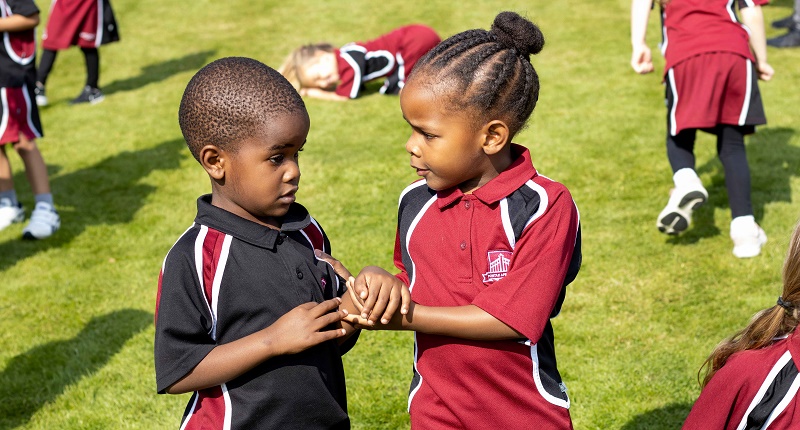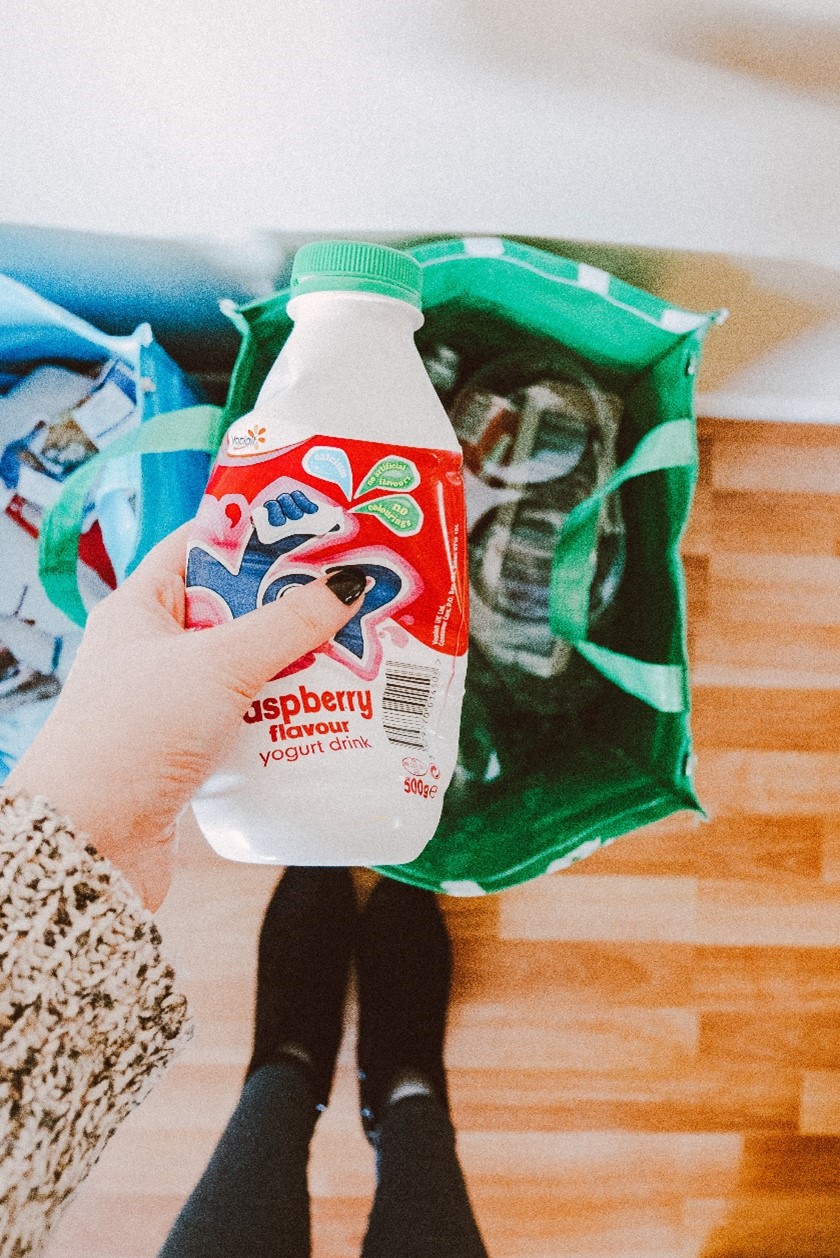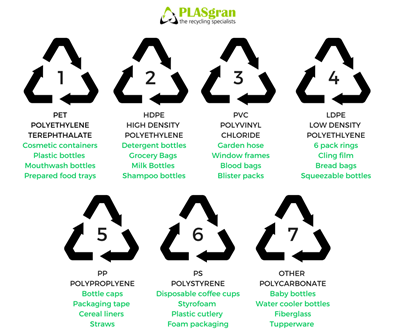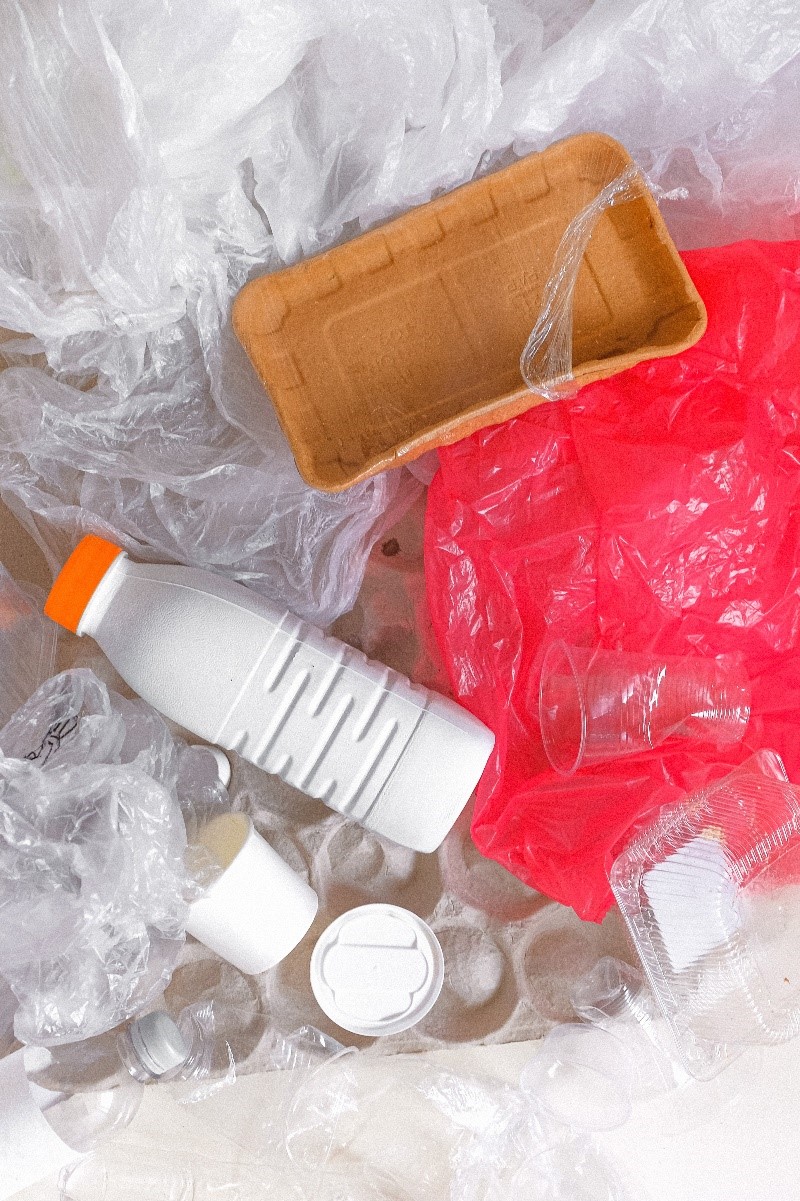


Find out how Gateways could provide the perfect educational environment for your child.
Find out more
Big enough to challenge, small enough to care
At Gateways, we are constantly looking for ways we can be more environmentally friendly and we like to get involved with initiatives that raise awareness of problems such as plastics pollution and the importance of recycling.
• We have lots of recycling processes in school such as the PFA Bags2school initiative recycling batteries, pens and other stationary items
• We are continuing to offer recycling facilities within school through a partnership with Terracycle in order to confidently recycle stationary items, pringle type tubes, crisp packets and biscuit wrappers
• It is now hard to do this within school due to COVID but individuals can find out the collection points locally using the Terracycle website – https://www.terracycle.com/en-GB/brigades
• There are loads more recycling opportunities at home that we think children could get involved in. Here are some ideas to get them more familiar with recycling:
Separate waste materials

Task your child with separating your recycling into the appropriate recycling bins and talk to them about why plastics, glass and cardboard must get recycled instead of placed into the general waste bin that ends up in a landfill. You could also show them how to wash out containers and how to flatten cans and cardboard so that they take up less room. Look carefully at your own council’s recycling programme as they all differ slightly. The best way is to find the small triangle on the plastic packaging which has a number in the centre – this tells you the type of plastic and then you can work out if your council will recycle it.

Use bags for life
When you go shopping, always re-use bags and use bags for life rather than disposable bags. To make sure that you remember to take them, it is a good idea to keep bags in your car boot if you can. By showing your child that we take bags with us for shopping, they will get into the same practice when they are doing their own shopping.
Try to avoid single-use plastics

If you can, avoid buying unnecessary plastic packaging such as bulk packs of water in plastic bottles. Instead, you could switch to using filtered water at home, using a reusable drink container. Try using a local greengrocer or purchasing loose vegetables and fruit. Take your own small bags if you need to use bags. Plastic milk bottles can easily be avoided using a local milkman – this website can identify a local milkman based on your postcode – https://www.findmeamilkman.net/
Clothes recycling
It is not just waste that can be recycled, your clothing can be recycled by giving your old clothes to a charity. As your child grows out of clothes or no longer wears certain items, ask them if the items are ready to go to the charity shop. Taking them along with you to drop off clothes at the charity shop will also give them an idea of how charity shops work and the benefit of taking your clothes there instead of throwing them away.
Make a compost
Making a garden compost with your child can be fun and it will teach them a lot about gardening and how to dispose of food waste like vegetable peel, fruit waste and teabags. You can also add cardboard egg boxes and scrunched up paper to a compost heap then when the compost is ready, you can add it to your soil to help your plants to thrive.
Face Masks
During COVID, there is an increase in using disposable face masks to keep ourselves and others safe. Where possible, we recommend that you use reusable face masks to help reduce the amount of waste. However, if disposable masks are being used, it’s important to dispose of them correctly in the bin. Animals have been seen to be getting tangled in the straps which is adding even more stress to animals and the habitats they live in. Some people are suggesting that when disposing of them, they should cut the straps to avoid entrapment of animals.
Our chosen charity at Gateways is Plastic Oceans, a cause that we feel is very important right now while plastic pollution levels are so high, with 8 million tonnes of plastic entering the ocean each year. We will be raising awareness and doing other activities to support this great charity, so please get involved where you can and encourage your children to do so too. To find out more about the Plastic Oceans charity, take a look at their website here – https://plasticoceans.uk/